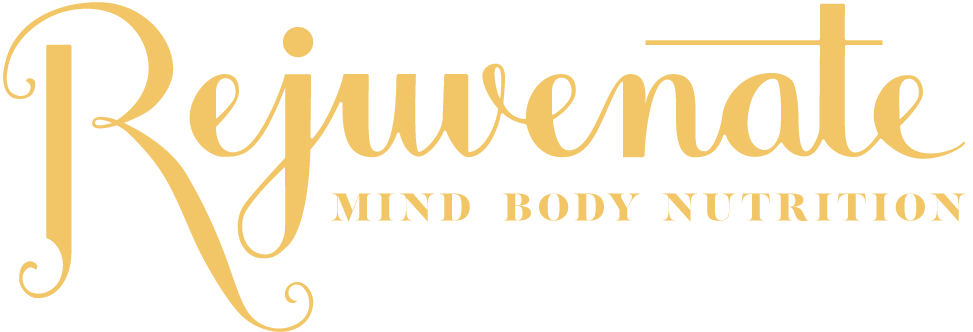How the necessity of hydration plays a crucial role in maintaining hormone health
Hydration and hormone health
Here's how staying properly hydrated can support your hormonal balance:🧐🤔🤔
1. Optimal hormone production: Water is essential for the production, regulation, and transport of hormones throughout your body. Hormones are produced in various glands, and proper hydration ensures that these glands function optimally. When you're dehydrated, hormone production may be compromised, potentially leading to imbalances.
2. Detoxification: Adequate hydration supports the liver and kidneys, which are responsible for detoxifying hormones and eliminating waste products from the body. When you're well-hydrated, these organs can efficiently carry out their functions, preventing hormone buildup and promoting overall hormonal balance.
3.Stress management: Chronic stress can disrupt hormone balance, leading to issues such as adrenal fatigue and disrupted menstrual cycles. Staying hydrated helps your body better cope with stress by supporting adrenal function. When your body is hydrated, your adrenal glands can produce cortisol, the stress hormone, more effectively, allowing you to better manage stress levels.
4. Menstrual health: For women, hydration is particularly important for maintaining regular menstrual cycles. Dehydration can lead to thicker menstrual blood, increased cramping, and irregular periods. Drinking enough water helps ensure proper blood flow, hydration of reproductive organs, and overall menstrual health.
5. Body temperature regulation: Hydration is crucial for maintaining optimal body temperature, which is regulated by the hypothalamus in the brain. The hypothalamus also plays a role in hormone regulation, including the release of hormones that control the menstrual cycle, stress response, and more. By staying hydrated, you support the hypothalamus in carrying out its functions effectively.
To promote hormone health through hydration, aim to drink an adequate amount of water daily. The general recommendation is to consume around 8 cups (64 ounces) of water per day, but individual needs may vary depending on factors like activity level, climate, and overall health. Pay attention to your body's thirst cues and monitor the color of your urine as a general indicator of hydration status (pale yellow urine indicates proper hydration).
Remember that maintaining hormone health involves a holistic approach, including a balanced diet, regular exercise, stress management, and sufficient sleep. Hydration is just one piece of the puzzle, but an important one for overall well-being. 🥰🤩🤗

